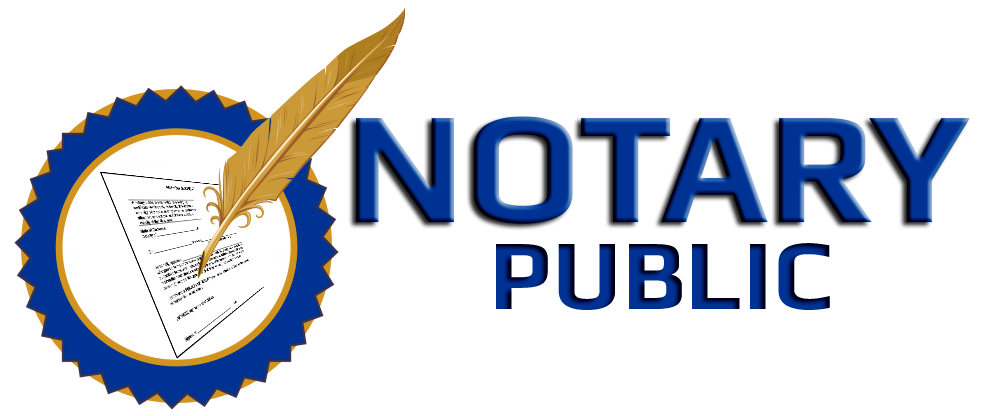Probate and Trust Tips
- Set your asking price too high.
This is the number one mistake that sellers make. A high asking price dramatically reduces the number of qualified buyers (and their agents) who will look at or consider your house and it lengthens the time the house will remain on the market unsold. A slightly-below-market asking price significantly increases buyer activity and may even generate multiple offers that bring the selling price up to the seller’s original hoped-for amount!
- Rely on out-of-date information. In a volatile marketplace, comparable sales from last year or sometimes even last month may be too old to be valuable. Be sure to examine figures for properties near yours that have similar attributes and have sold recently; asking prices have little significance—rely on recent sales only.
- Don’t read the fine print. You’ve heard the expression “Buyer beware”? Well, the same goes for sellers! Read every document carefully and ask for explanations of any terms you don’t understand. There are no stupid questions when it comes to contracts. Your real estate agent should be able to give you clear explanations; if not, you might question whether they have the skills to represent you!
- Dismiss the importance of “online curb appeal.” Today’s tech-savvy buyers begin their home search online and photographs are the first thing they look at. Make sure the photos show your property clearly. Appeal to buyers by posting pictures of one or two things you consider really special about your home.
- Represent yourself. Many homeowners think they will save money by listing their home for sale without the benefit of a real estate agent. In fact the opposite is true. Not only do such owners increase their stress and compromise their security, they end up netting less than those who enlist—and pay for—the services of a skilled agent.
- Probate properties are sold “as is” so don’t expect the owner to make repairs or improvements—or to lower the price because of existing problems.
- Read the disclosures! There are special disclosure documents governing probate sales, so be sure you understand the terms before you make an offer.
- Be prepared in court. If a probate sale requires court confirmation, the timing and amount of your offer and the form in which you make your deposit are closely regulated.
- There are usually no contingencies on probate sales. In other words, the seller does not have to wait for you to find a loan or to sell your existing home. Get advance approval from your lender.
- Work with a probate expert. When you are selecting a real estate agent to assist you with your purchase, ask for details of their recent probate experience in your marketplace. While any agent can represent you, only a probate expert can assure that your transaction is managed correctly so you get the property and the terms you want.
Tips for Overbidding in court
- The property is sold “As-is”
- No contingencies
- No repairs, including no termite or retrofitting
- 30-day escrow
- Seller pays for the escrow fees and title insurance fees
- Be prepared. Make sure your agent has reviewed the sale comparables with you in advance so you know you are purchasing the property for what you feel it’s worth.
- Be aware in advance and understand the terms of the sale. These terms are not negotiable.
- Bring your poker face. Don’t let the opposing bidder know what you are willing to pay.
- Although the judge may say that the next bid is $5,000 more, you can always offer more than that to show your competition that you are serious. When a bidder jumps the bid higher than the judge dictates, the other bidder may back off.
- Know your top dollar and at what price you are going to walk away from the property. Don’t get caught up in the competition of bidding.
- Again, make sure you have a cashier’s check, that it is payable to the right party and that it is for at least 10 percent of the minimum overbid. If the check does not meet those standards, you won’t be able to play, no matter how much you want the property.
Professional Property Management
Services we offer:
Bay Area
East Bay Area
West Contra Costa
Central Contra Costa
East Contra Costa
Alamo
American Canyon Central
Antioch
Bay Point
Benicia
Berkeley
Canyon Central Contra Costa
Castro Valley
Danville
Dublin
East Contra Costa
Emeryville
Fairfield
Hayward
Hercules
Lamorinda
Marin
Napa
Novato
Oakland
Pittsburg
Pleasanton
Port Costa
Richmond
Rodeo
San Francisco
San Leandro
San Pablo
San Rafael
San Ramon
Solano
Sonoma
Vallejo
Professional Property Management and Professional Property Management symbol are registered service marks of Professional Property Management. Professional Property Management fully supports the principles of the Fair Housing Act and the Equal Opportunity Act.
All information deemed reliable but not guaranteed. Listings are subject to errors, omissions, changes in price, prior sale, rent & withdrawal without notice. All Rights Reserved.
The design of this website and its contents are protected by copyright and any unauthorized reproduction, whether in whole or in part, is prohibited.







